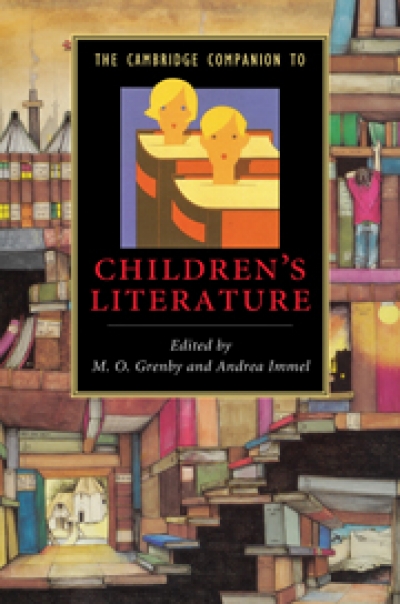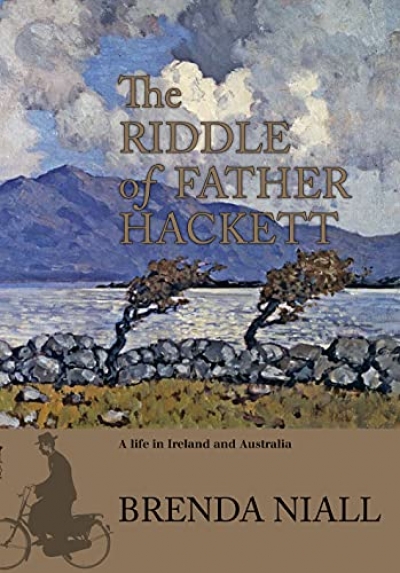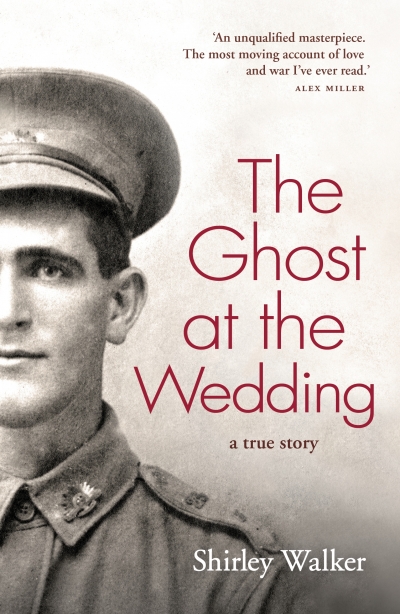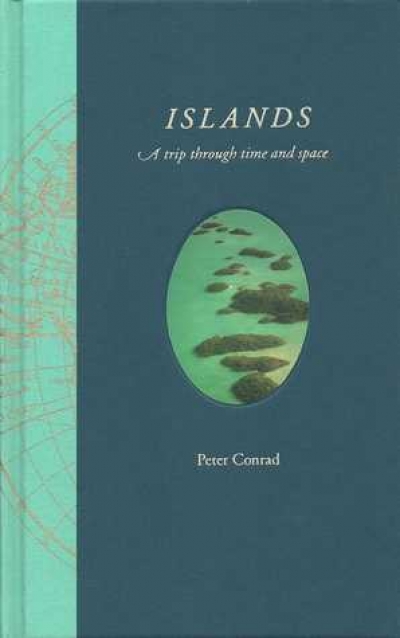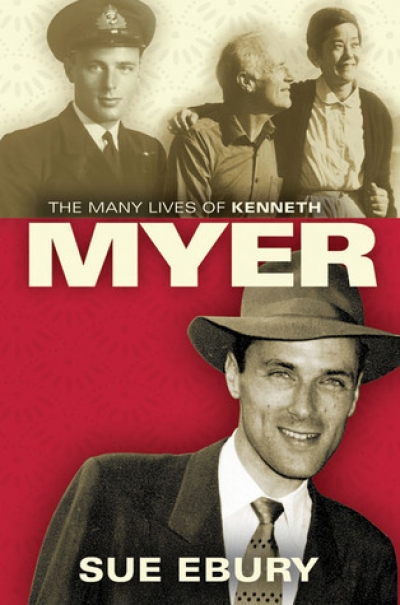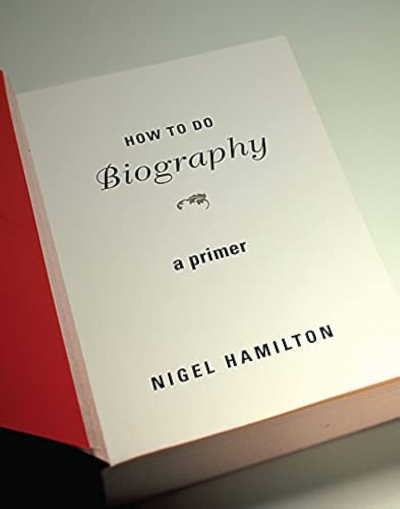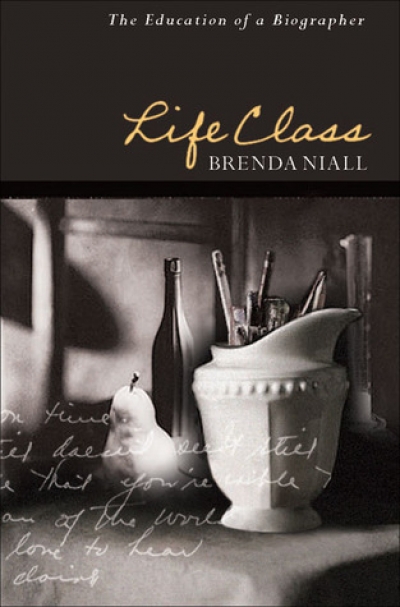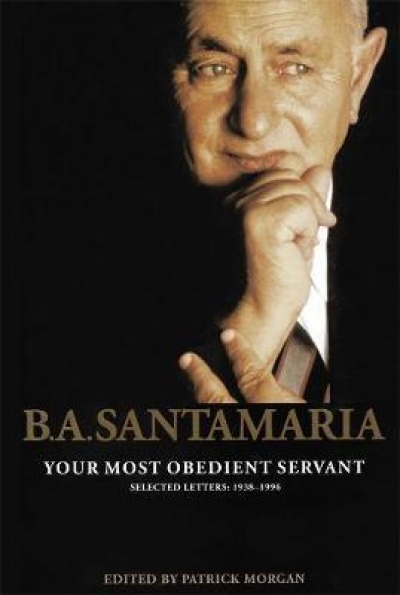Brenda Niall
The Cambridge Companion to Children's Literature edited by M.O. Grenby and Andrea Immel
Latent violence
Dear Editor,
In reviewing my biography of Clifton Pugh, Brenda Niall, a distinguished biographer herself, arrives at this puzzling last sentence: ‘Whether or not Morrison intended it … the Clifton Pugh of these pages emerges more as opportunist than true believer’ (ABR, February 2010). She states earlier that it surprises her that a large number of women were attracted to Pugh, and that I myself retained a measure of love for him until the end of his life.
... (read more)The Riddle of Father Hackett: A life in Ireland and Australia by Brenda Niall
The Ghost at the Wedding: A true story by Shirley Walker
B.A. Santamaria: Your most obedient servant: Selected Letters 1938–1996 edited by Patrick Morgan
Dennis Altman
In any given year we will read but a tiny handful of potential ‘best books’, so this is no more than a personal selection. Here are two novels that stand out: Stephen Eldred-Grigg’s Shanghai Boy (Vintage) and Hari Kunzru’s Tranmission (Penguin). Both speak of the confusion of identity and emotions caused by rapid displacement across the world. The first is the account of a middle-aged New Zealand teacher who falls disastrously in love while teaching in Shanghai. Transmission takes a naïve young Indian computer programmer to the United States, with remarkable consequences. From a number of political books, let me select two, both from my own publisher, Scribe, which offers, I regret, no kickbacks. One is George Megalogenis’s The Longest Decade; the other, James Carroll’s House of War. Together they provide a depressing but challenging backdrop to understanding the current impasse of the Bush–Howard administrations in Iraq.
... (read more)
